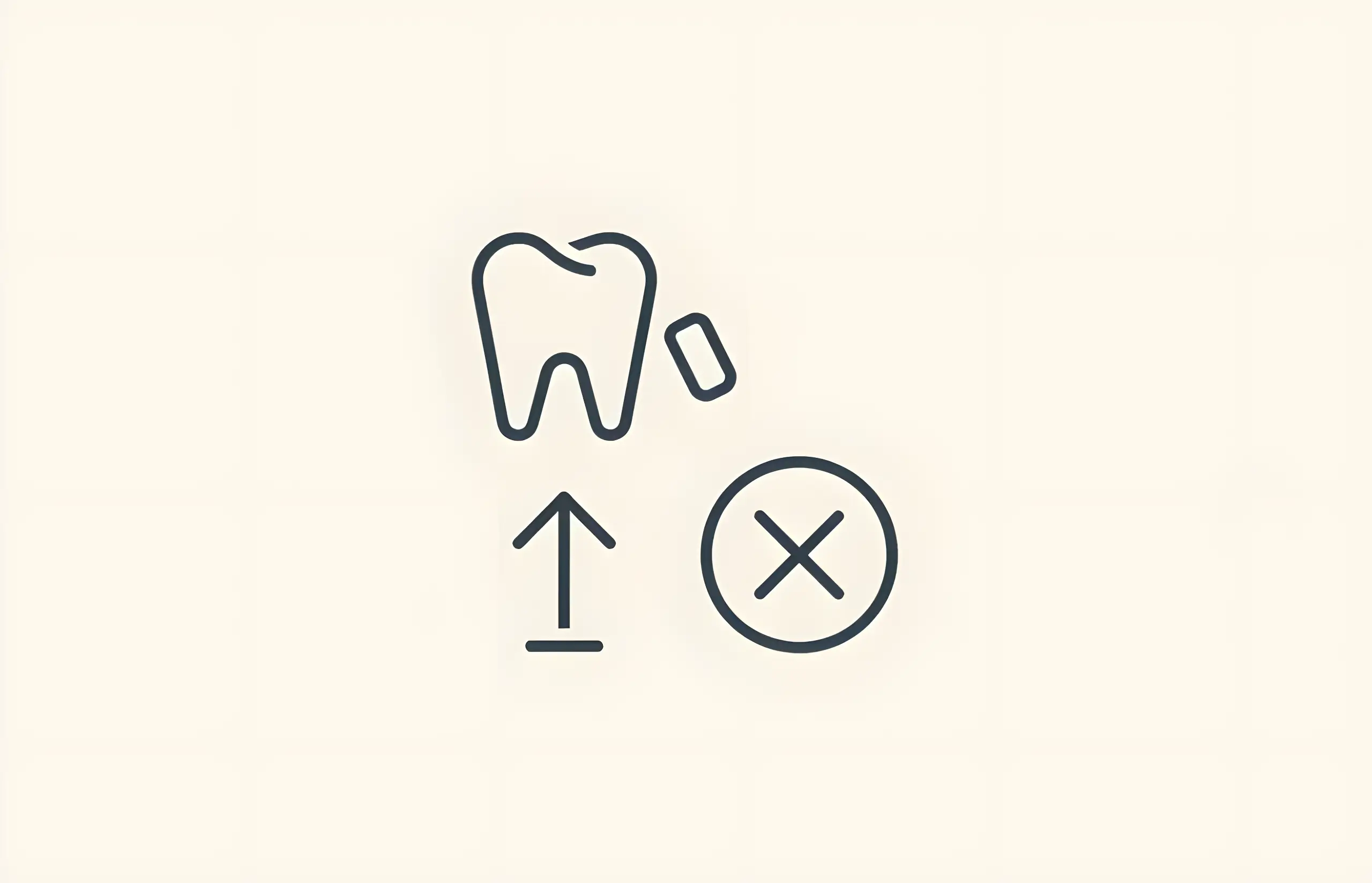Are your temporary veneers falling off? Here's what you should know about these dental treatments, including what they are, what to avoid to help prevent them from falling off, and how to decide whether to see a dentist.
What Is A Temporary Veneer?
A temporary veneer is a thin piece of material, typically dental-grade acrylic, placed on the front surface of a tooth to protect it. Most temporary veneers are used to cover a tooth while laboratory technicians create a permanent veneer to a dentist's specifications.
As the name implies, temporary veneers are not designed to be long-term solutions. However, in most cases, they last well enough for the two to three weeks it usually takes to make permanent veneers.
What To Avoid To Prevent Temp Veneers Falling Off
Are you worried about your temporary veneers falling off? In most cases, following these simple guidelines will help keep them in place until your dentist removes them.
- Avoid Impacts: Sudden impacts, such as getting smacked in the mouth by a ball, can knock temporary veneers straight out of your mouth. Avoid any situations where this is a possibility. If you must participate, use a face-covering guard that will protect your mouth.
- Avoid Sticky Foods: Sticky foods can grab hold of a temporary veneer, much like glue, and wrench it off. The best way to avoid this is not to eat any sticky foods in the first place. This includes taffy, caramel, gum, and similar foods.
- Avoid Hard Foods: Similarly, you should avoid hard foods like ice, nuts, chips, and popcorn. These types of foods can place a lot of pressure on your temporary veneer. If the pressure is too much for the adhesive, they'll pop right off.
- Avoid Tough Meats: Most people don't think meat is as problematic as harder foods like chips. However, tough meat can and up pulling on temporary veneers and loosening them enough to make them fall out.
Instead of eating any of these dangerous foods, focus on options like cooked vegetables, eggs, mashed potatoes, pineapple, tuna, and watermelon. These types of soft foods are safe to eat with veneers. Many of them are also quite edible at room temperature, which is useful if your veneer-covered tooth is sensitive to temperature changes.
Should You See A Dentist?
If your temporary veneer feels loose or comes out entirely, the best thing to do is call your dentist as soon as possible. Once you're speaking to them, or a qualified assistant, describe your situation and then follow their instructions.
For example, if you're going to get your permanent veneers in two days anyway, your dentist may recommend pulling the veneer off (if it's safe to do so) and simply doing without it until your appointment. Alternatively, they may ask you to come in as soon as possible so they can replace it.
There's no universal answer to this question because temporary veneers falling off means different things to different people. The only person who can determine the right course of action in your case is a trained professional.
Sources and References
-
[1]
Clinical Survival Rate and Laboratory Failure of Dental Veneers: A Narrative Literature ReviewDentistry Journal (PubMed Central)https://pmc.ncbi.nlm.nih.gov/articles/PMC11122289/
-
[2]
Provisional restorations for veneersJournal of Esthetic and Restorative Dentistryhttps://pubmed.ncbi.nlm.nih.gov/19014018/
-
[3]
Laminate veneer provisional restorations: a clinical reportJournal of Prosthetic Dentistryhttps://pubmed.ncbi.nlm.nih.gov/9051593/
-
[4]
The effect of surface treatments of tooth on the shear bond strength of direct composite veneersJournal of Conservative Dentistry and Endodontics (PubMed Central)https://pmc.ncbi.nlm.nih.gov/articles/PMC10823960/
-
[5]
Fabrication of Porcelain Veneer Provisional Restorations: A Critical ReviewJournal of Dentistryhttps://www.sciencedirect.com/science/article/pii/S2772559621000043
All sources accessed and verified on . Medical information reviewed for accuracy and compliance with current guidelines.
Related Articles
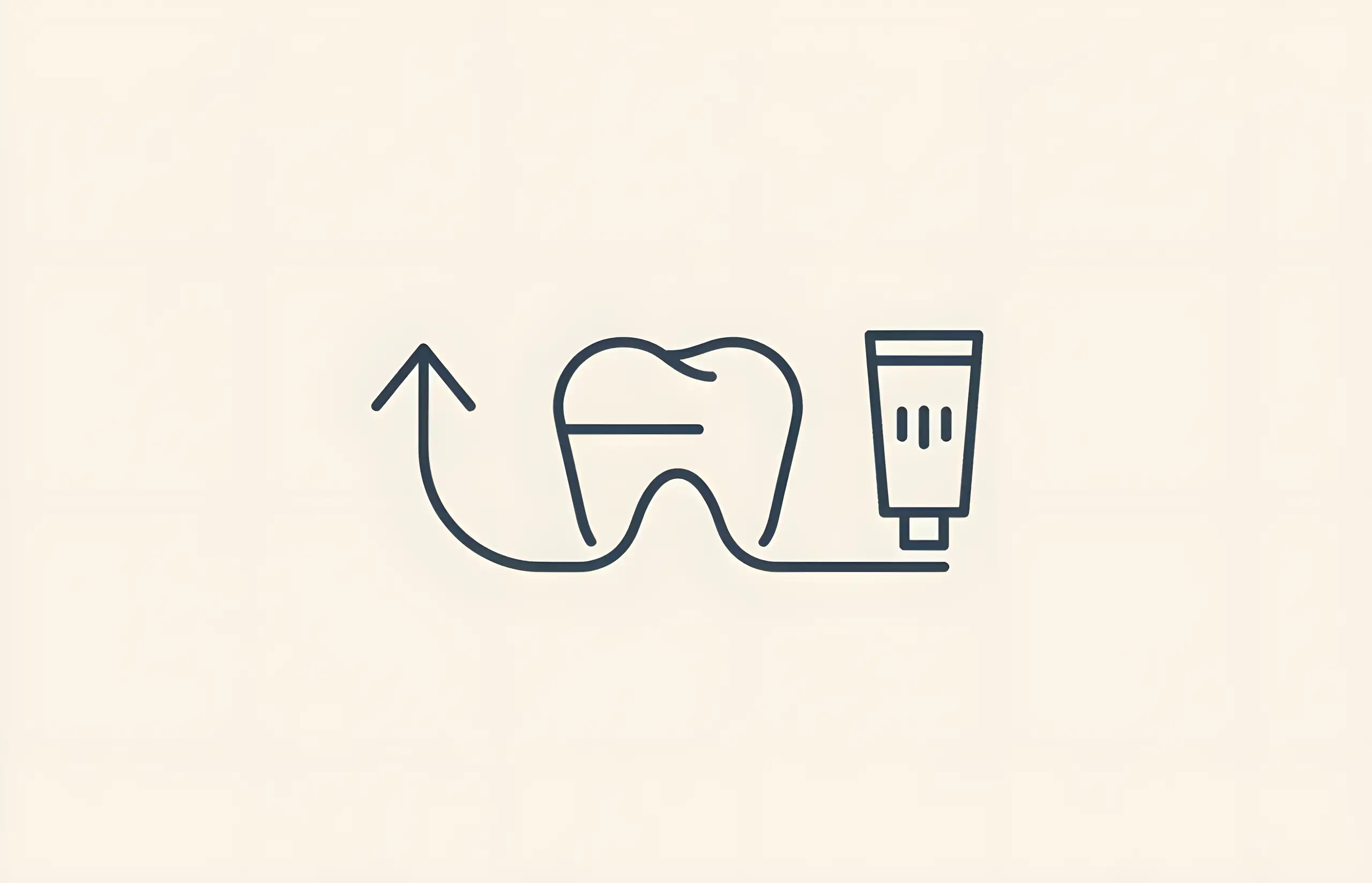
Choosing the Best Toothpaste for Veneers
Comprehensive guide to selecting toothpaste for veneers, understanding RDA values, avoiding abrasive ingredients, surface roughness concerns, and proper oral care techniques

Can Temporary Veneers Cause Pain?
Complete guide to temporary veneers including why they may cause discomfort, the procedure involved, preventive measures, and what to eat while wearing them

Can You Whiten Veneers?
Comprehensive guide to veneer whitening, why porcelain veneers resist bleaching, stain removal options, color matching strategies, and maintenance tips

A Guide to Composite Resin Veneers
Comprehensive information about composite resin veneers, including their uses, procedure, longevity, and how they compare to porcelain veneers
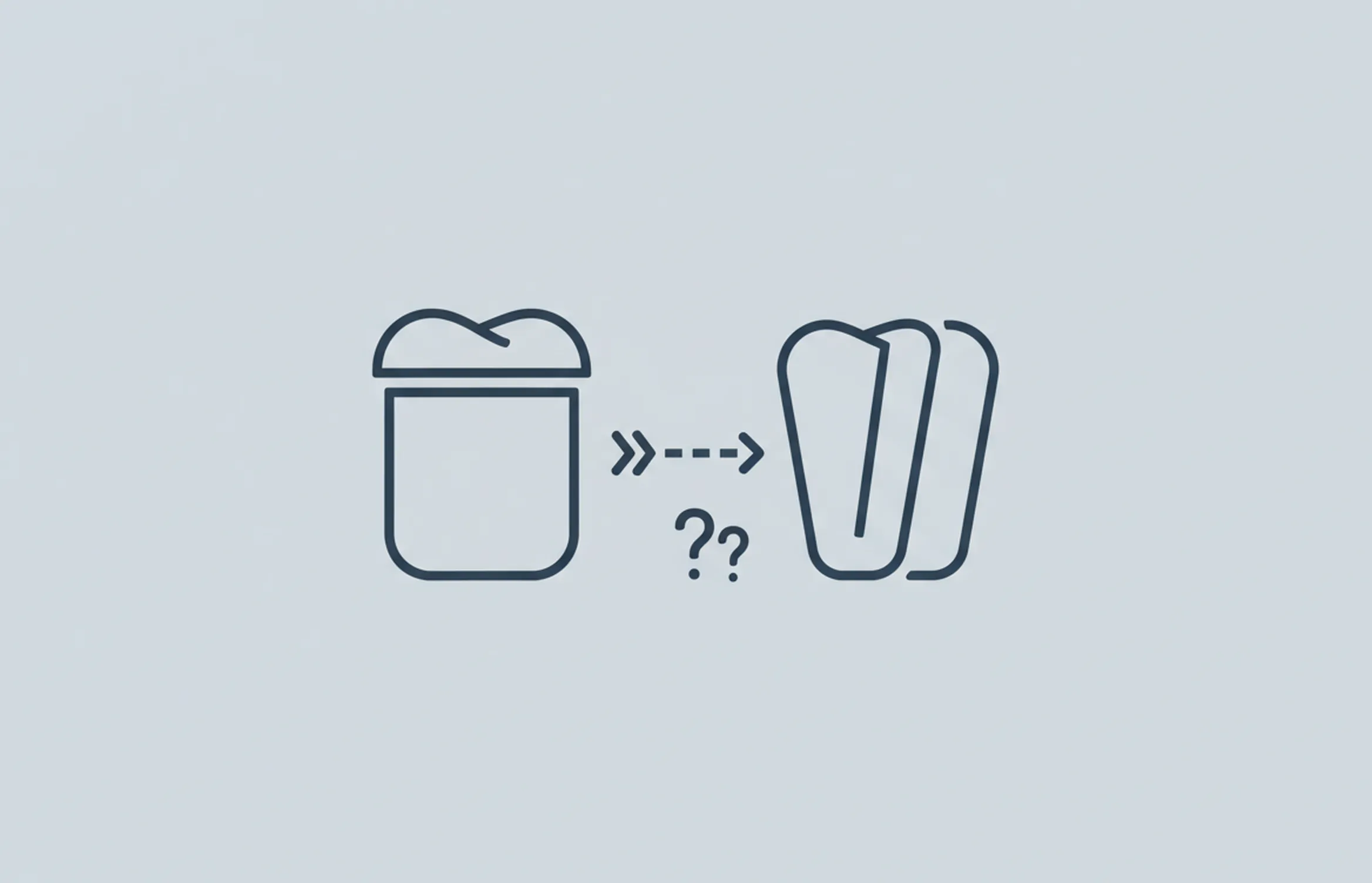
Should You Get Crowns or Veneers for Your Front Teeth?
Comprehensive guide comparing dental crowns and veneers for front teeth, including materials, uses, preparation requirements, longevity, and cost considerations

Should You Get Crowns or Veneers?
Comprehensive guide to choosing between dental crowns and veneers, including clinical indications, contraindications, insurance coverage, and decision criteria for optimal treatment outcomes
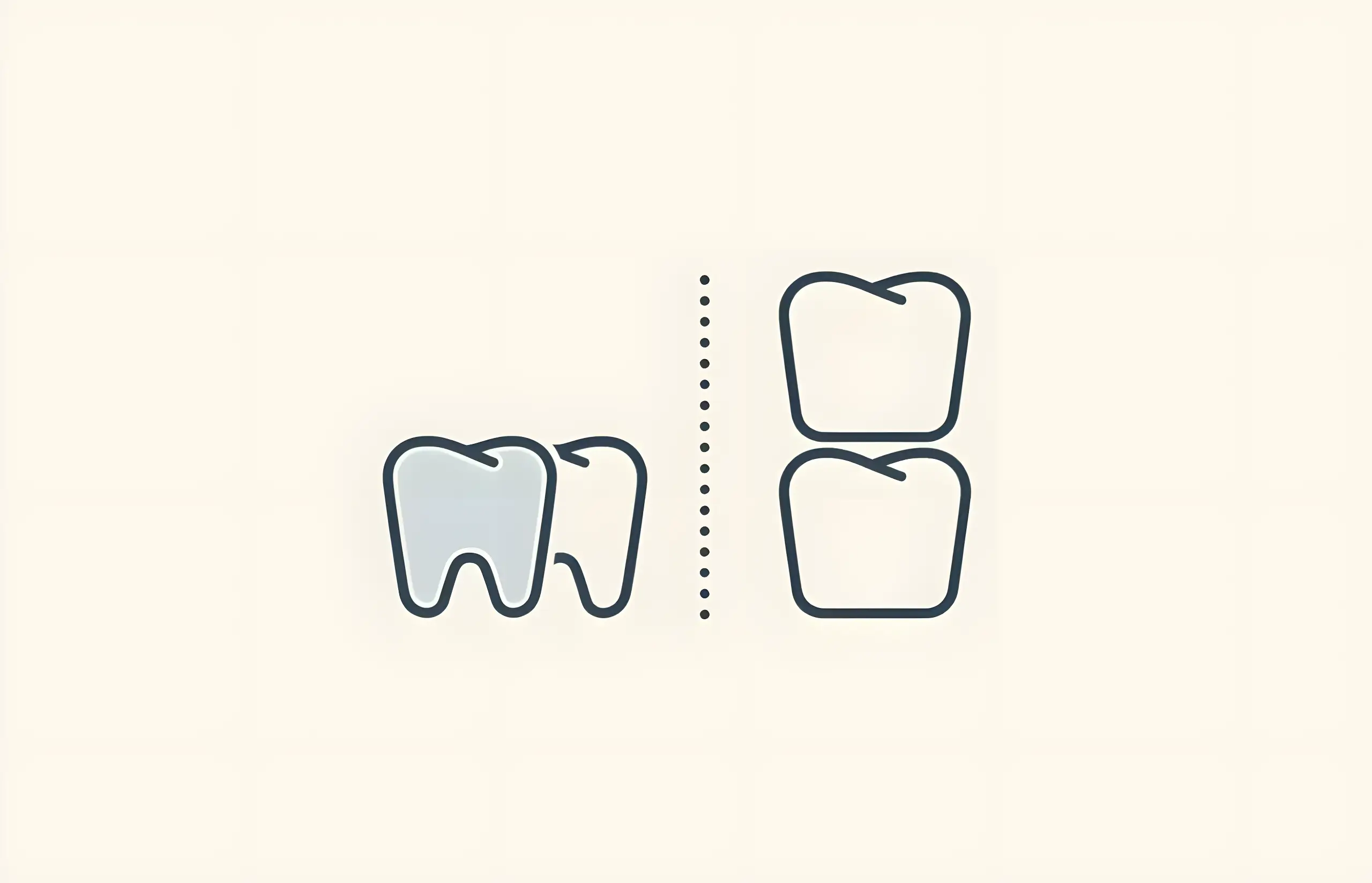
Dental Veneers – Before and After Pictures
Comprehensive guide to dental veneers transformation results, patient satisfaction rates, aesthetic outcomes, smile makeover success, and clinical evidence from before and after studies
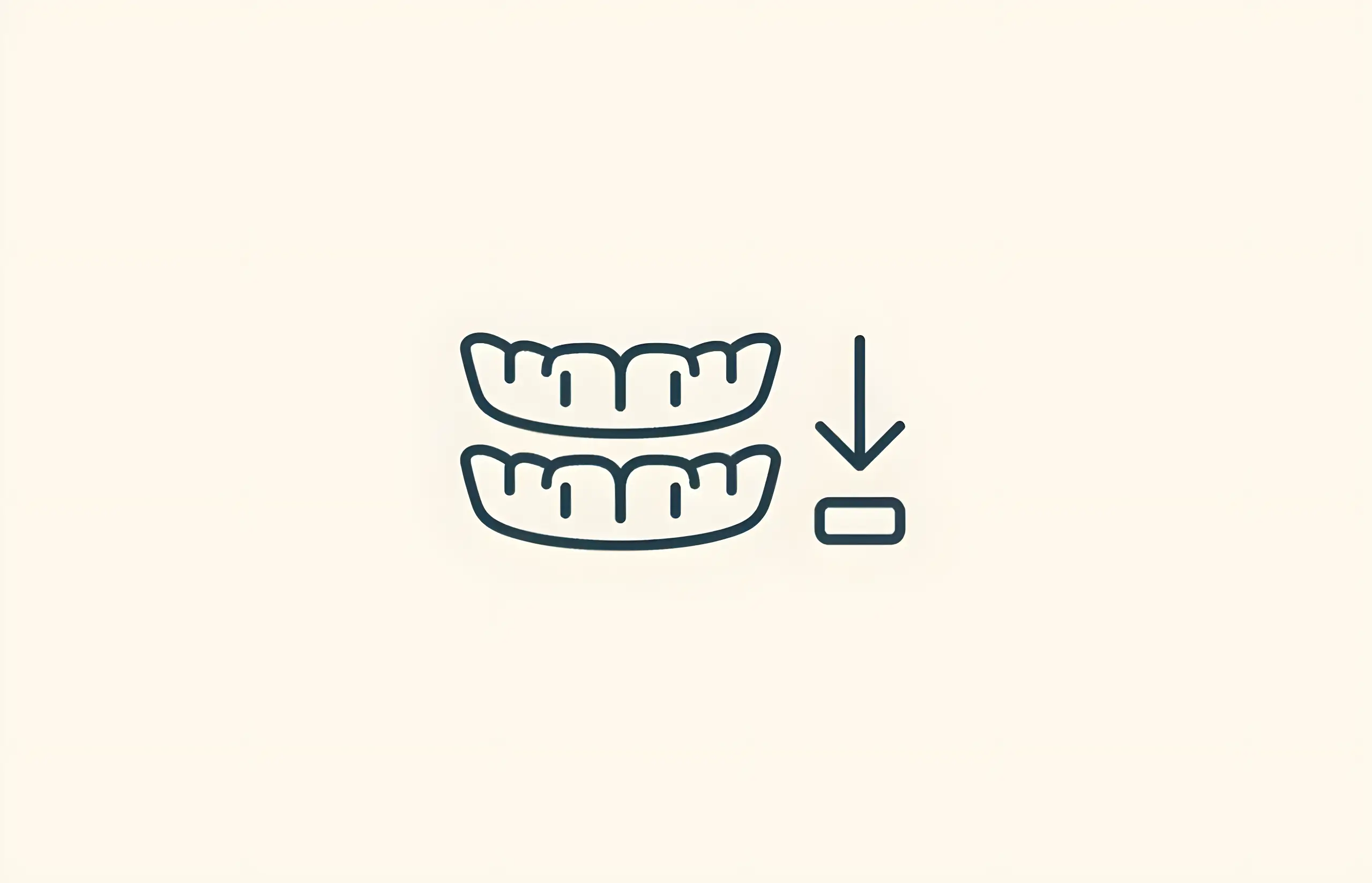
Do It Yourself Veneers – Removable Veneers For Your Teeth
Comprehensive guide to DIY removable veneers (snap-on, clip-on veneers) including costs, risks, user satisfaction rates, safety concerns, and comparison with permanent dental veneers
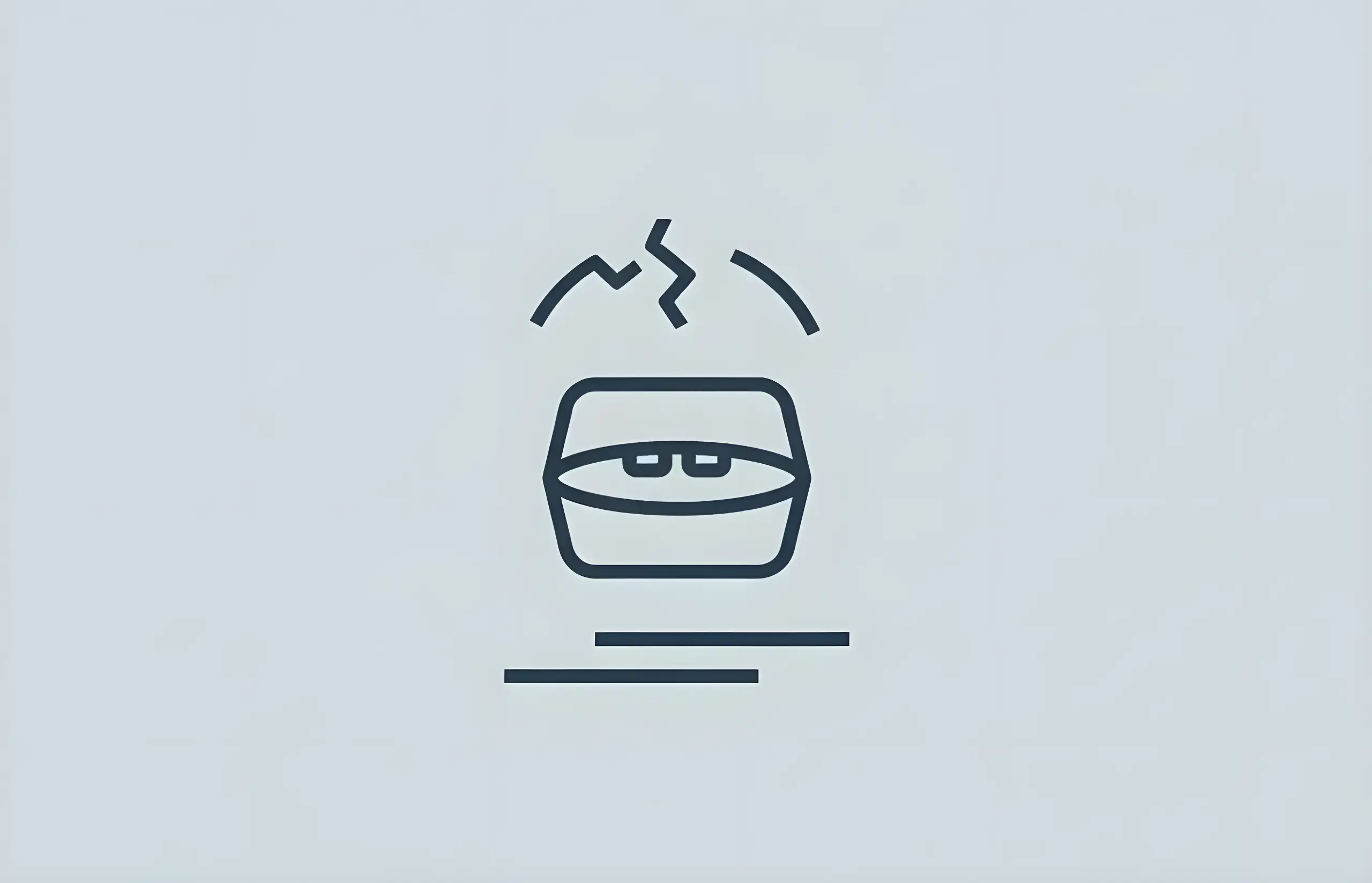
Do Temporary Veneers Look Bad?
Complete guide to temporary veneer appearance, materials (PMMA, bis-acryl), aesthetic outcomes, patient satisfaction, complications, and what to expect during the provisional phase

Eating With Veneers
Complete guide to dietary considerations with veneers including foods to avoid, staining resistance (coffee most problematic), fracture risk, care tips, and maintaining your investment
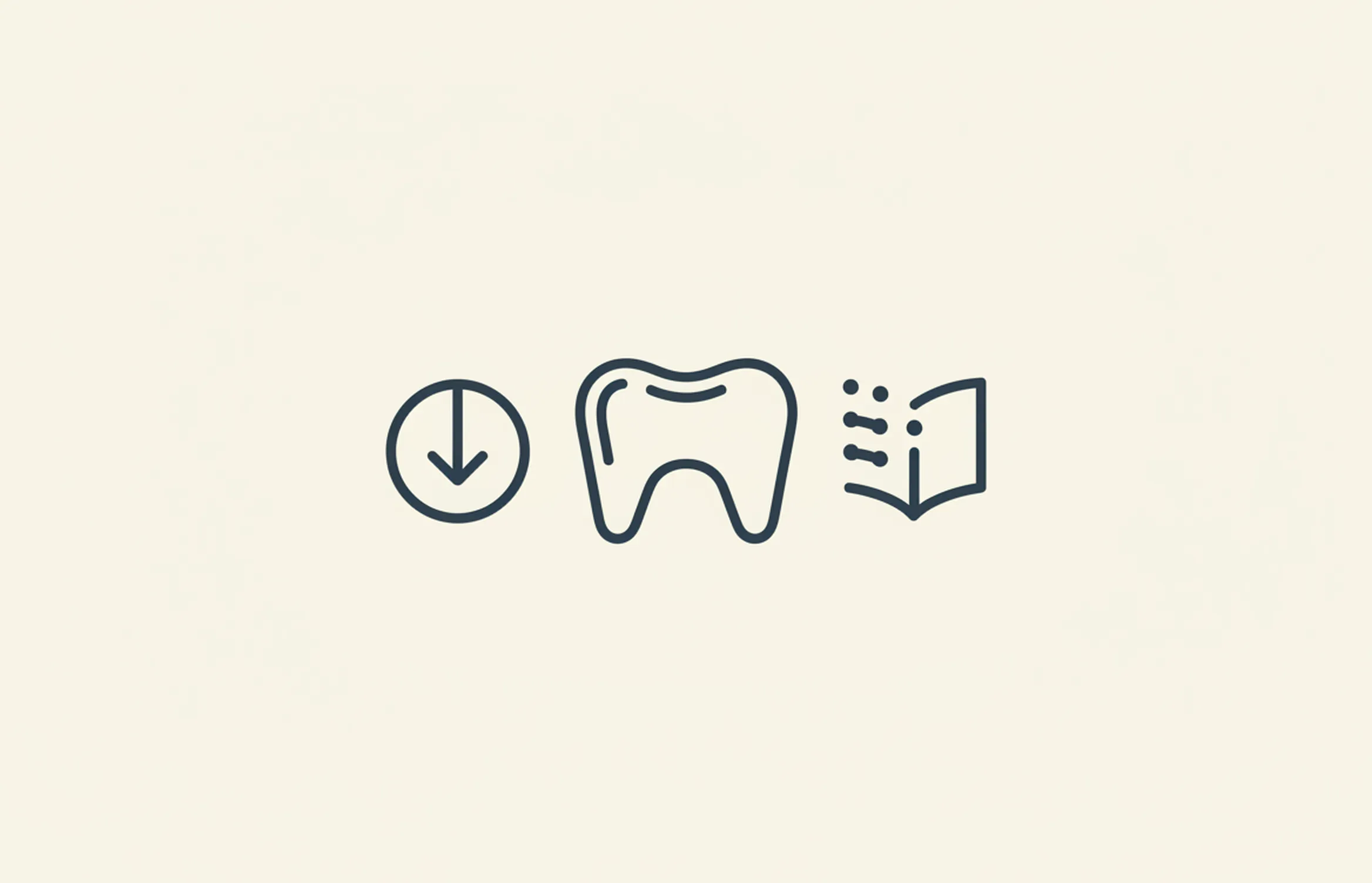
Instant Veneers – Costs and Information
Complete guide to instant veneers including prefabricated composite veneers, how they work, costs, and comparison with traditional porcelain veneers
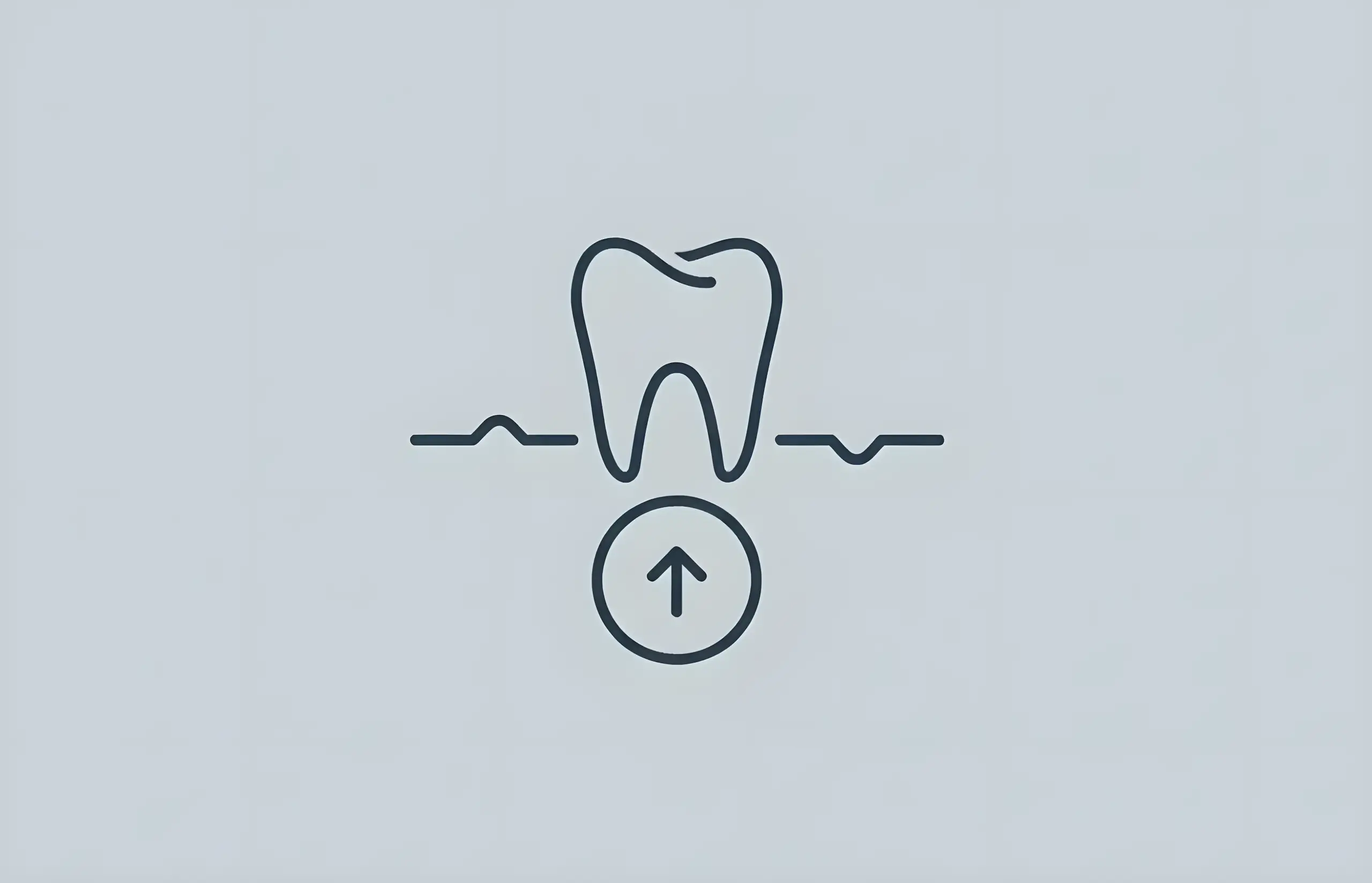
How Much do Lumineers for Teeth Cost?
Comprehensive guide to Lumineers costs including pricing factors, no-prep procedure advantages, Lumineers vs traditional veneers, treatment process, longevity, and cost-saving options
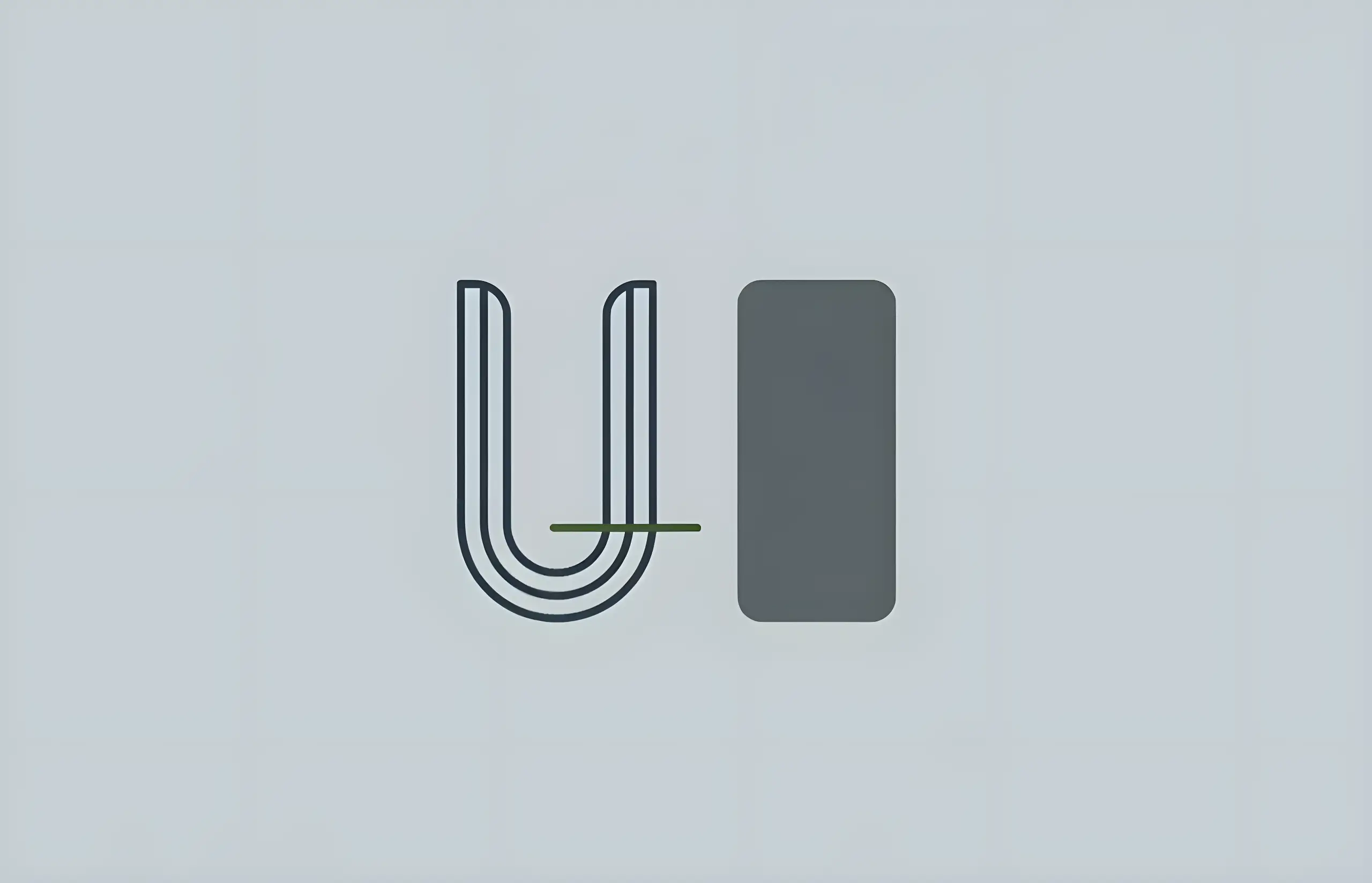
Lumineers vs Porcelain Veneers
Comprehensive comparison of Lumineers and traditional porcelain veneers, including differences, costs, longevity, and which option is best for your smile

No Prep Veneers – Costs and Information
Complete guide to no-prep veneers including Lumineers and Vivaneers, covering costs, benefits, who can have them, and how they compare to traditional veneers
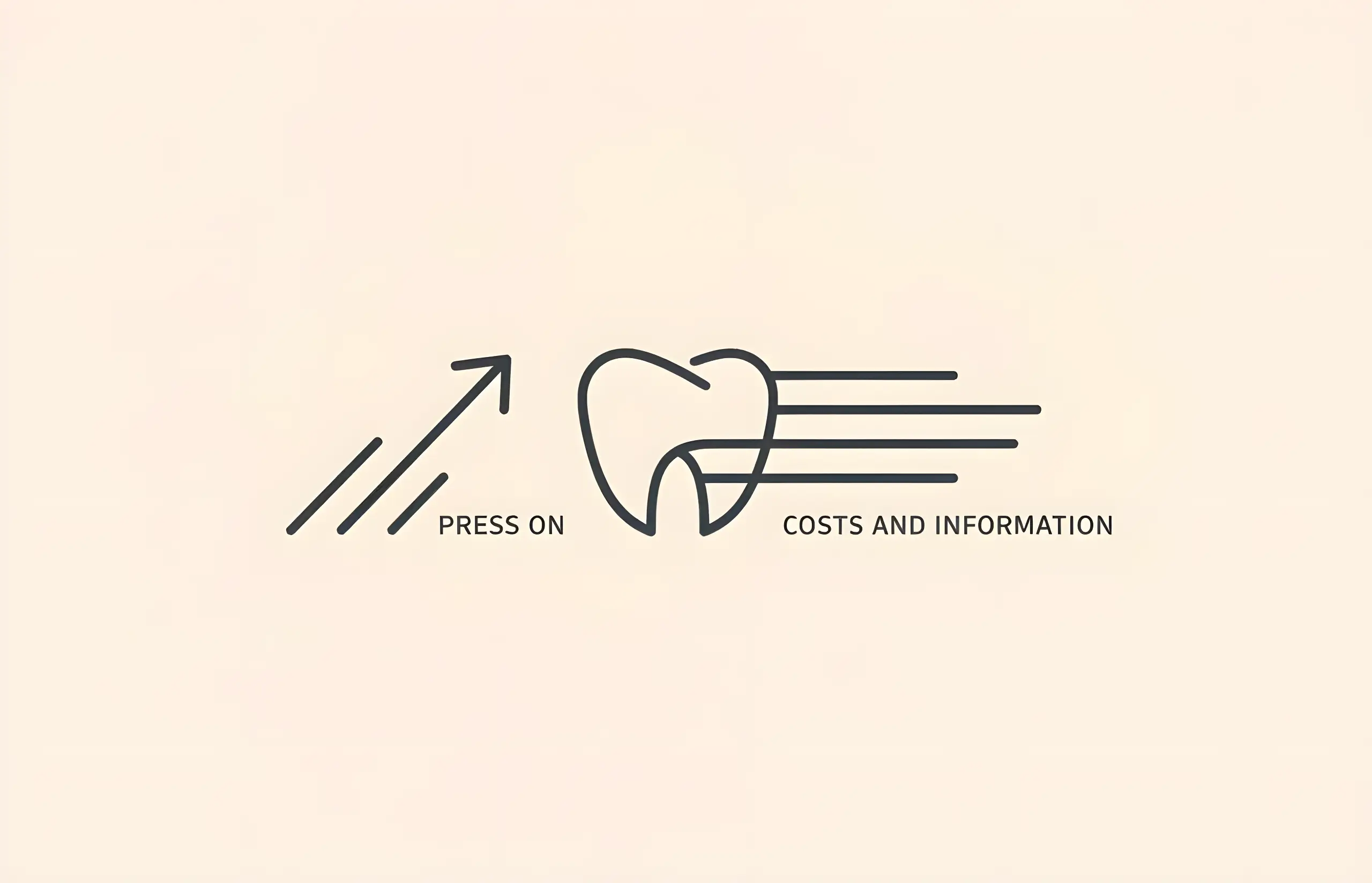
Press On Veneers – Costs and Information
Learn about snap-on veneers including costs, how they work, longevity, care instructions, and whether they're a worthwhile alternative to permanent veneers
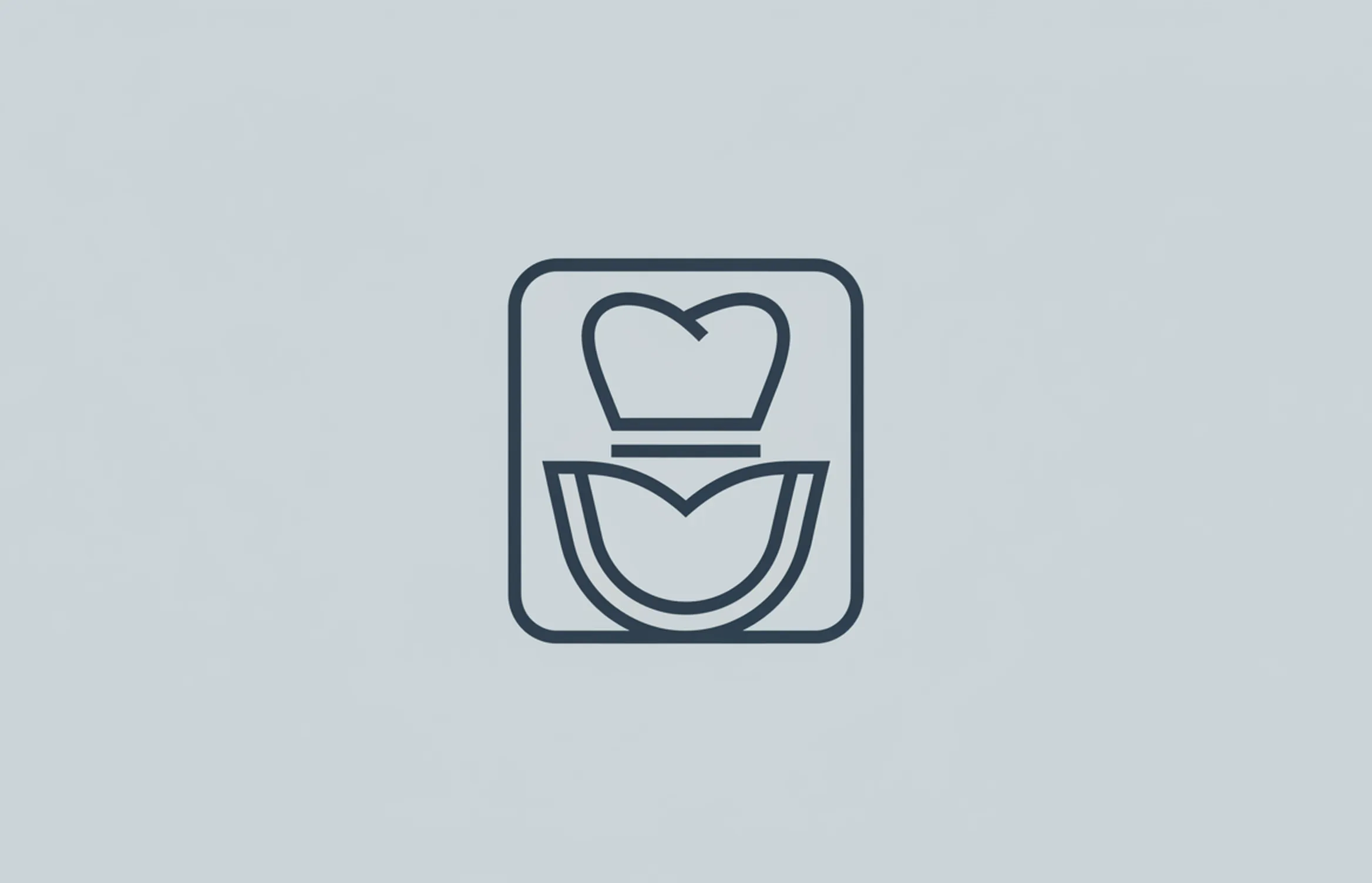
Can You Put Veneers Over Crowns?
Comprehensive guide to placing veneers over crowns, why it's generally not recommended, bonding challenges, crown survival rates, and alternative treatment options

What Can't You Eat with Veneers?
Learn about dietary restrictions for veneers including foods to avoid with temporary and permanent veneers, staining risks, and tips for protecting your investment
About The Dental Guide
The Dental Guide is a trusted online resource providing evidence-based information about dental health, treatments, and procedures. Our content is created and reviewed by qualified dental professionals to help you make informed decisions about your oral health.
Our Mission
- Evidence-based dental information
- Expert-reviewed content
- Clear, accessible explanations
- Latest treatment options
- Patient-focused guidance
Editorial Standards
- GDC-registered dental professionals
- Peer-reviewed sources
- Regular content updates
- Medical accuracy verification
- Transparent authorship
Important Notice
The information on The Dental Guide is for educational purposes only and should not replace professional dental advice. Always consult with a qualified dentist for diagnosis and treatment recommendations tailored to your individual needs and circumstances.
Medically Reviewed
Reviewed by Dr. Nasim Mechoui , BDS (Bristol)
Share this article
Comments & Discussion
Have questions about dental implants? Share your thoughts or experiences.
